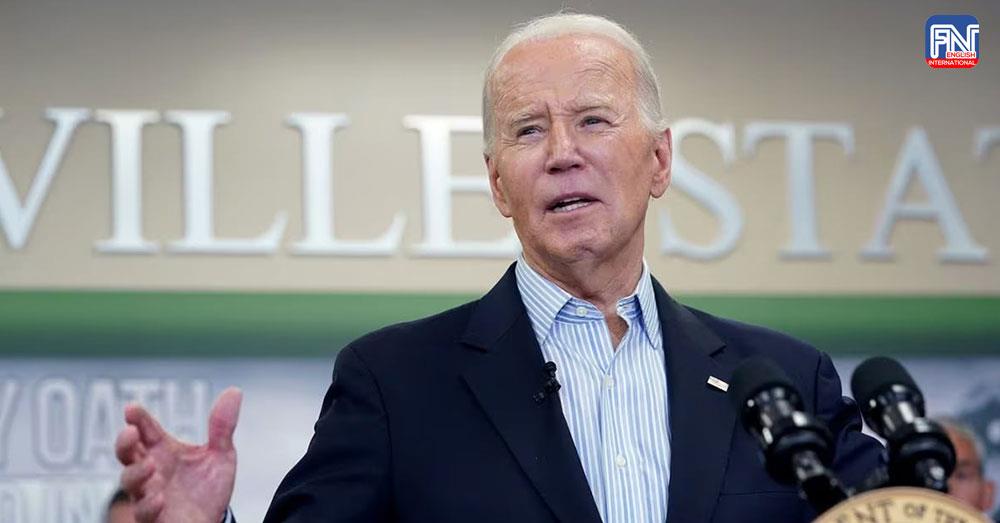WASHINGTON, March 1 (Reuters) - U.S. President Joe Biden announced on Friday plans to carry out a first military airdrop of food and supplies into Gaza, a day after the deaths of Palestinians queuing for aid threw a spotlight on an unfolding humanitarian catastrophe in the crowded coastal enclave.
Biden said the U.S. airdrop would take place in the coming days but offered no further specifics. Other countries, including Jordan and France, have already carried out airdrops of aid into Gaza.
"We need to do more and the United States will do more," Biden told reporters, adding that "aid flowing to Gaza is nowhere nearly enough."
At the White House, spokesperson John Kirby stressed that airdrops would become "a sustained effort." He added that the first airdrop would be likely be military MREs, or "meals ready-to-eat."
"This isn’t going to be one and done," Kirby said.
Biden told reporters that the U.S. was also looking at the possibility of a maritime corridor to deliver large amounts of aid into Gaza.
The airdrops could begin as early as this weekend, officials said.
At least 576,000 people in the Gaza Strip - one quarter of the enclave's population - are one step away from famine, according to the U.N. Office for the Coordination of Humanitarian Affairs.
Gaza health authorities said Israeli forces had killed more than 100 people trying to reach a relief convoy near Gaza City early on Thursday. Palestinians face an increasingly desperate situation nearly five months into the war that began with a Hamas attack on Israel on Oct. 7.
Israel blamed most of the deaths on crowds that swarmed around aid trucks, saying victims had been trampled or run over. An Israeli official also said troops had "in a limited response" later fired on crowds they felt had posed a threat.
With people eating animal feed and even cactuses to survive, and with medics saying children are dying in hospitals from malnutrition and dehydration, the U.N. has said it faces "overwhelming obstacles" getting in aid.
While it is unclear which type of aircraft will be used, the C-17 and C-130 are best suited for the job.
David Deptula, a retired U.S. Air Force three-star general who once commanded the no-fly zone over northern Iraq, said airdrops are something the U.S. military can effectively execute.
"It is something that's right up their mission alley," Deptula told Reuters.
"There are a lot of detailed challenges. But there's nothing insurmountable."
The United States and others also expect aid would be boosted by a temporary ceasefire, which Biden said Friday he hoped would happen by the time of the Muslim fasting month of Ramadan, which starts on March 10.

Photo from Reuters